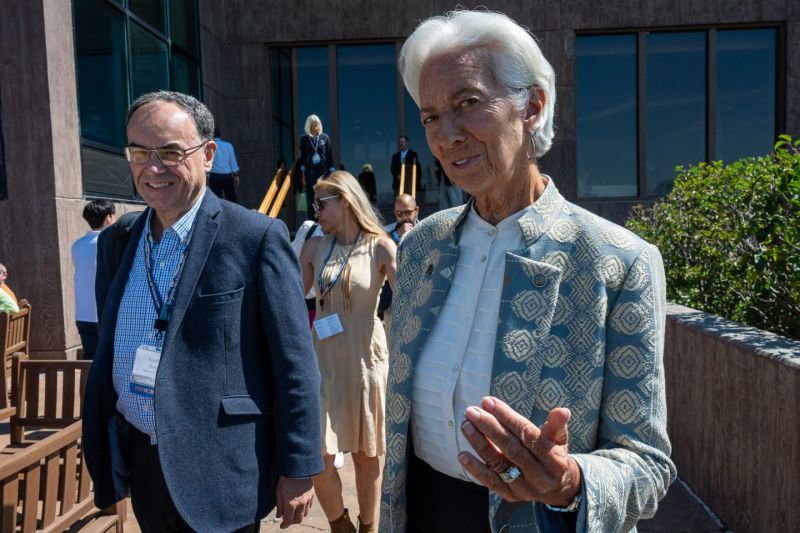European Central Bank President Christine Lagarde underscored the vital contribution of foreign-born workers to Europe’s economic recovery following the pandemic. She noted that the increased number and participation of foreign workers have significantly mitigated labor shortages and supported economic growth throughout the continent.
Lagarde pointed out that Germany’s economy relies heavily on foreign labor, with projections indicating that its GDP would be about 6% lower than in 2019 without this demographic. Spain’s substantial post-pandemic economic resurgence is similarly attributed to an influx of foreign workers, illustrating how immigration has been essential in boosting economic performance amid demographic challenges.
In 2024, the EU’s population reached a record 450.4 million, with net migration helping to offset declining birth rates. However, this rise in immigration has also led to political tensions, as some governments respond to the increasing influence of far-right parties with restrictive measures. Despite these political pressures, Lagarde maintained that immigration brings substantial economic advantages, particularly in alleviating labor shortages.
She also highlighted other factors enhancing Europe’s economic resilience, such as a decrease in inflation-adjusted wages, better worker retention by companies, and increased labor participation among older individuals. These elements have facilitated the ECB’s ability to raise interest rates in 2022 and 2023 without resulting in recession or significant unemployment, which currently stands at 6.3%. Lagarde’s observations reflect a broader awareness among policymakers of the importance of foreign workers in sustaining economic growth within aging populations, a trend mirrored in other developed nations like Japan.












Interesting perspective, but what about the strain on social services and job competition for locals? Need to consider all sides.
I disagree with Lagardes statement. Immigration may have benefits, but it also brings challenges like job competition and social integration issues.
Interesting perspective, but what about the strain on social services and cultural integration? Need a balanced view.
I wholeheartedly agree with Lagarde! Immigration brings diversity and talent, boosting the economy. Lets embrace it for a brighter future.